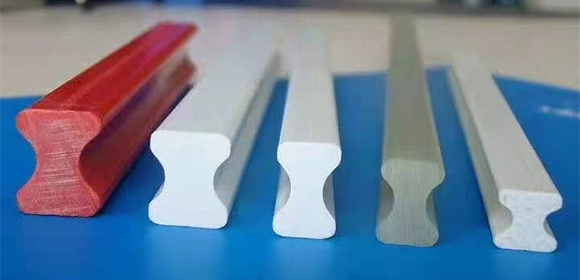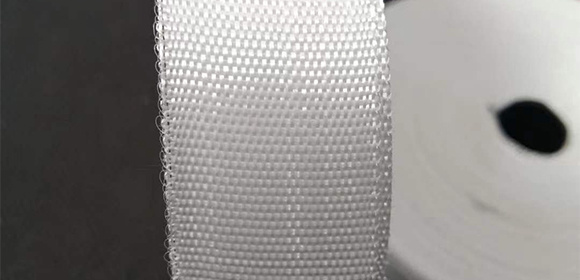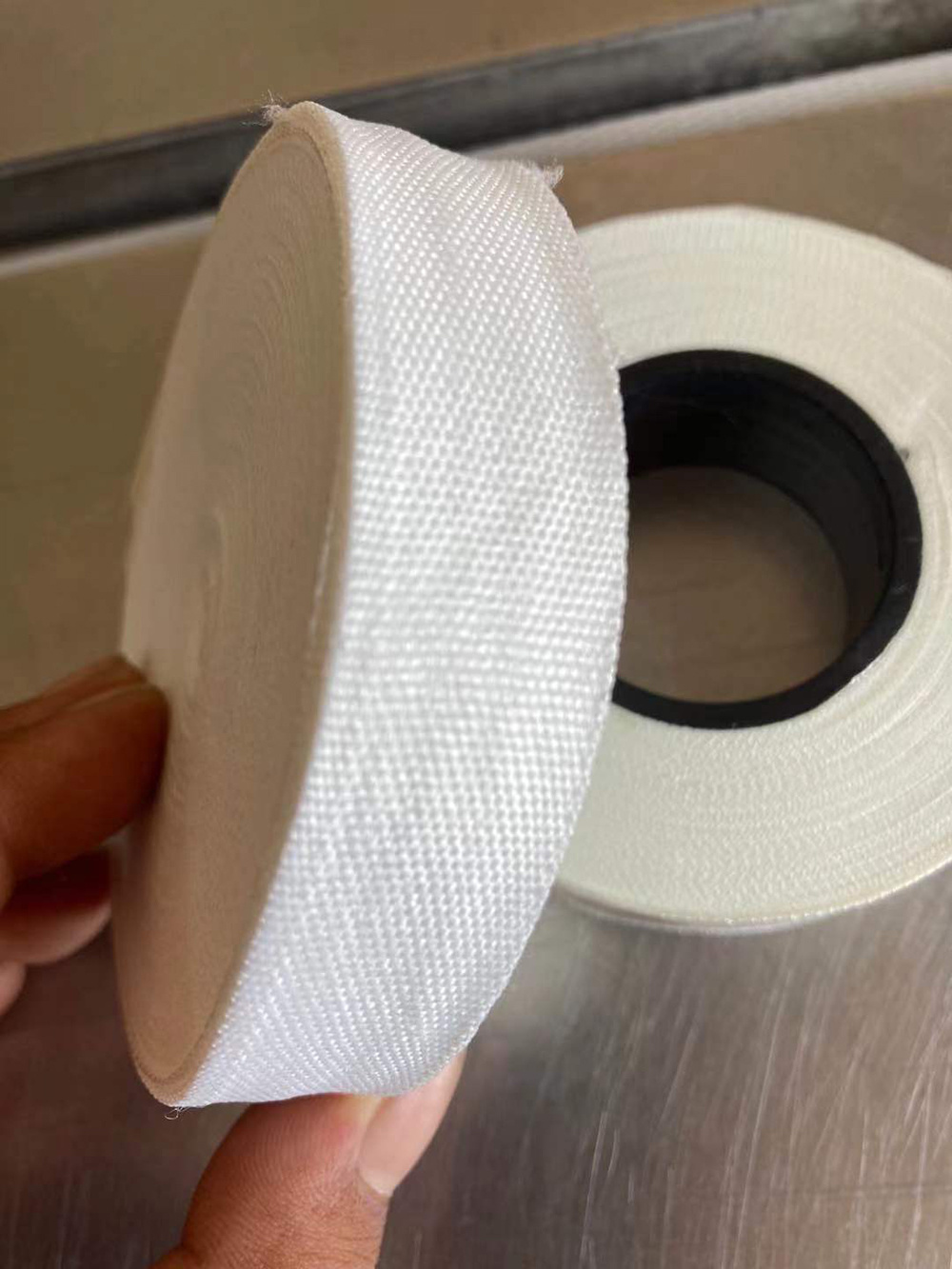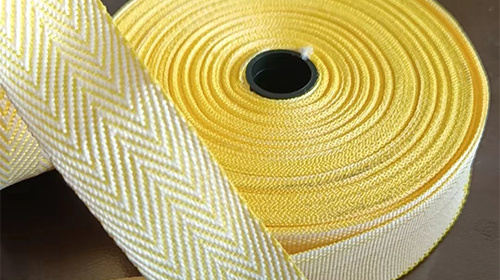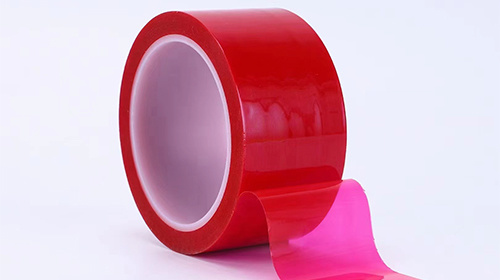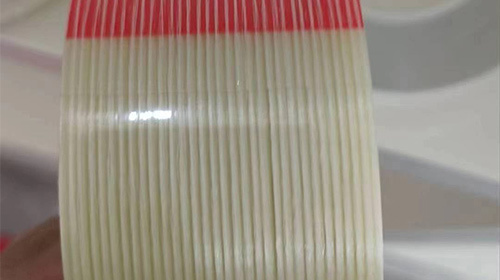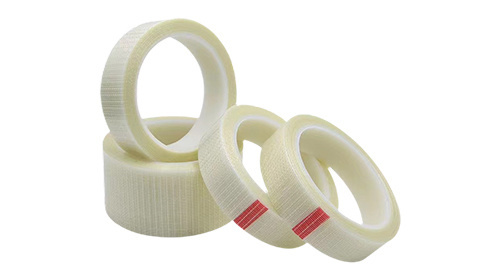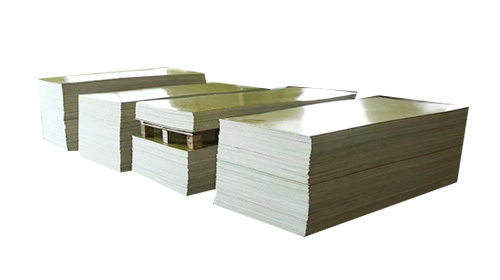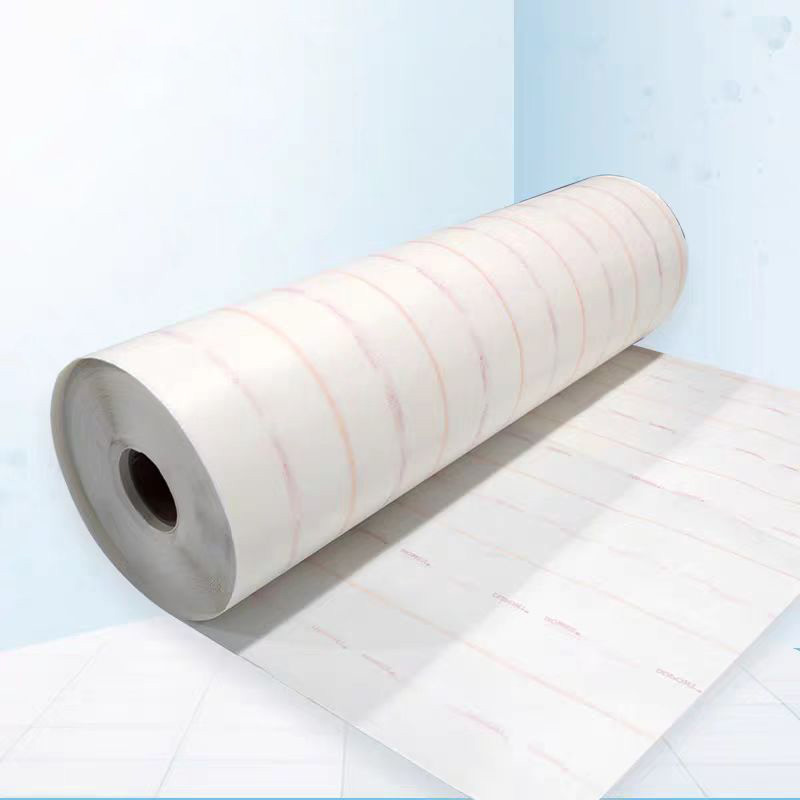Understanding the Benefits of 6520 Fish Paper Composite Material in Electrical Insulation
The 6520 fish paper composite material is an innovative solution that has gained attention in the electrical insulation sector. This material is primarily composed of cellulose fibers, which are known for their excellent dielectric properties. The unique structure of 6520 fish paper provides a mix of mechanical strength and electrical insulation, making it ideal for various applications in the ele
The 6520 fish paper composite material is an innovative solution that has gained attention in the electrical insulation sector. This material is primarily composed of cellulose fibers, which are known for their excellent dielectric properties. The unique structure of 6520 fish paper provides a mix of mechanical strength and electrical insulation, making it ideal for various applications in the electrical industry.
One of the key advantages of 6520 fish paper is its high dielectric strength. This property is critical for materials used in electrical insulation, as it helps prevent electrical breakdown and ensures the safe operation of electrical components. As electrical devices continue to evolve and demand higher performance standards, materials like 6520 fish paper are increasingly becoming essential.
In addition to its dielectric properties, the 6520 fish paper composite is also known for its excellent thermal stability. This characteristic is particularly beneficial in applications where temperature fluctuations can occur. By maintaining its structural integrity even under high temperatures, 6520 fish paper ensures that electrical insulation remains effective, thus prolonging the lifespan of electrical components.
Another important aspect of the 6520 fish paper composite is its adaptability. It can be manufactured in a variety of thicknesses and forms, allowing for customization to meet specific application requirements. This versatility makes it suitable for use in transformers, capacitors, and other electrical devices, where tailored insulation solutions are often necessary.
Furthermore, the moisture resistance of 6520 fish paper adds to its appeal. Many electrical applications are exposed to varying humidity levels, and materials that can resist moisture absorption are essential for maintaining performance. 6520 fish paper's inherent properties help mitigate the risks associated with moisture ingress, thereby enhancing the reliability of the devices it insulates.
When considering materials for electrical insulation, it is crucial to evaluate not only their electrical properties but also their environmental impact. 6520 fish paper is derived from renewable cellulose fibers, making it a more sustainable choice compared to some synthetic alternatives. This eco-friendly aspect can be a significant factor for companies looking to minimize their environmental footprint while still achieving high-performance insulation.
In conclusion, 6520 fish paper composite material stands out as a valuable asset in the electrical insulation industry due to its unique properties and versatility. Its high dielectric strength, thermal stability, moisture resistance, and environmental benefits make it an ideal choice for various electrical applications. As the industry continues to innovate, materials like the 6520 fish paper composite will play a pivotal role in enhancing the efficiency and safety of electrical components.
One of the key advantages of 6520 fish paper is its high dielectric strength. This property is critical for materials used in electrical insulation, as it helps prevent electrical breakdown and ensures the safe operation of electrical components. As electrical devices continue to evolve and demand higher performance standards, materials like 6520 fish paper are increasingly becoming essential.
In addition to its dielectric properties, the 6520 fish paper composite is also known for its excellent thermal stability. This characteristic is particularly beneficial in applications where temperature fluctuations can occur. By maintaining its structural integrity even under high temperatures, 6520 fish paper ensures that electrical insulation remains effective, thus prolonging the lifespan of electrical components.
Another important aspect of the 6520 fish paper composite is its adaptability. It can be manufactured in a variety of thicknesses and forms, allowing for customization to meet specific application requirements. This versatility makes it suitable for use in transformers, capacitors, and other electrical devices, where tailored insulation solutions are often necessary.
Furthermore, the moisture resistance of 6520 fish paper adds to its appeal. Many electrical applications are exposed to varying humidity levels, and materials that can resist moisture absorption are essential for maintaining performance. 6520 fish paper's inherent properties help mitigate the risks associated with moisture ingress, thereby enhancing the reliability of the devices it insulates.
When considering materials for electrical insulation, it is crucial to evaluate not only their electrical properties but also their environmental impact. 6520 fish paper is derived from renewable cellulose fibers, making it a more sustainable choice compared to some synthetic alternatives. This eco-friendly aspect can be a significant factor for companies looking to minimize their environmental footprint while still achieving high-performance insulation.
In conclusion, 6520 fish paper composite material stands out as a valuable asset in the electrical insulation industry due to its unique properties and versatility. Its high dielectric strength, thermal stability, moisture resistance, and environmental benefits make it an ideal choice for various electrical applications. As the industry continues to innovate, materials like the 6520 fish paper composite will play a pivotal role in enhancing the efficiency and safety of electrical components.






